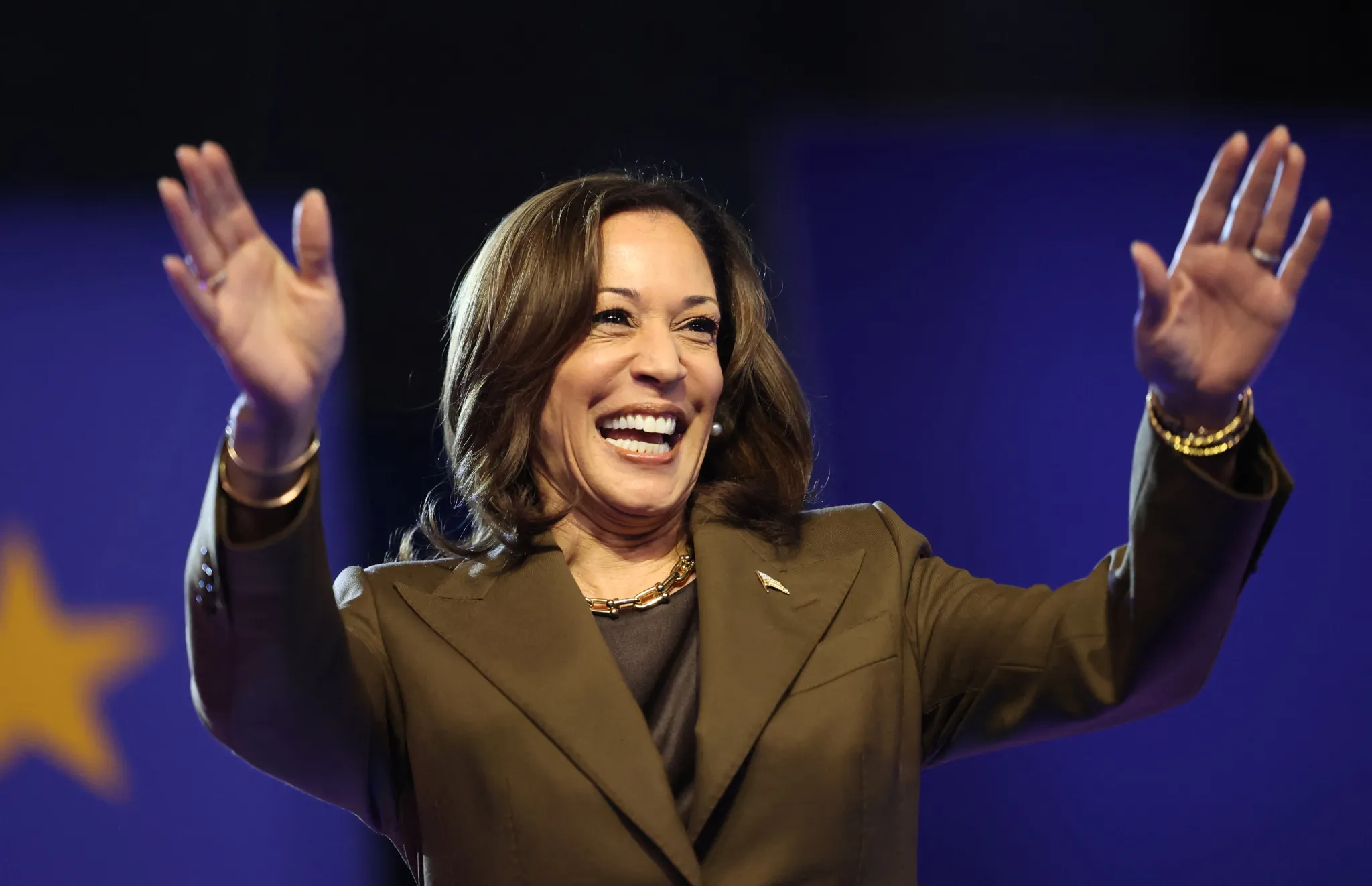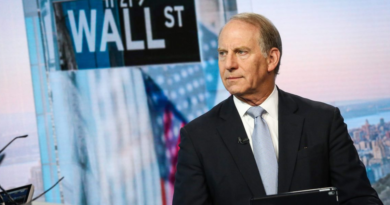Crypto bros who love Trump believe in ‘traditional’ masculinity but have fallen short, pollster says
The gender divide in U.S. politics and this year’s presidential election has been well documented, but a crypto divide has also opened up and is intersecting with gender, according to a pollster.
Dan Cassino, a professor of government and politics at Fairleigh Dickinson University and executive director of the FDU Poll, said data show that one in seven voters own cryptocurrency, and they tilt toward Donald Trump, who has become a strong crypto advocate.
Crypto owners back Trump (50%) over Kamala Harris (38%)—nearly the reverse among non-crypto owners, who favor Harris (53%) over Trump (41%). And men are more than twice as likely as women to have owned crypto.
“Crypto is one option for men looking for a way to achieve the role they think society demands of them—to make money, to be providers, to be sophisticated about finance and technology,” he wrote in a Washington Post analysis on Friday. “Despite the unlikeliness of using gains from these investments to buy a big house in a good school district, crypto seems to offer these young men a path to prosperity that the traditional routes of education, hard work and saving don’t.”
To dig deeper into the intersection of crypto, gender, and support for Trump, the FDU poll asked men how masculine they were and if they subscribe to a “traditional” view of masculinity that preaches, for example, that men should be the boss.
Men who consider themselves “completely masculine” are actually less likely than other men to be crypto owners, according to the poll. But the more surprising data is on men who don’t see themselves as completely masculine and believe in traditional masculinity.
“It’s these men—the men who are falling into this masculinity trap—who, according to our poll, are buying crypto and turning toward Trump,” Cassino said.
About a quarter of men are in this trap, and they skew younger as well as Black and Latino, he added. Of this group, 37% own crypto versus 18% among other men, and the crypto owners overwhelmingly favor Trump.
“Just as crypto investments offer a way to meet the increasingly unrealistic demands of traditional masculinity, Trump is offering these crypto-owning men reasons why they’re falling short,” Cassino explained, pointing to Trump’s hostility toward immigration, China, and DEI policies.
“The fact that these proposals are unlikely to work is as irrelevant as whether these men will actually become bitcoin millionaires,” he added. “Trump is offering a lifeline to men desperately searching for one.”
In Cassino’s view, this dynamic speaks to a deeper issue, namely that expectations of what men are supposed to be versus new economic and social realities. As long as that disconnect lingers, men will continue to be lured by a “false hope of a way forward,” he warned.
Meanwhile, Trump’s embrace of crypto comes after he previously dismissed Bitcoin as a “scam.” Most recently, Trump bought a burger with Bitcoin on Wednesday. And on Monday, Trump and his sons debuted a new crypto endeavor called World Liberty Financial, though they don’t appear to own any part of it, according to Bloomberg.
At the Bitcoin 2024 conference in July, Trump vowed to make the U.S. dominant in cryptocurrency, oust the chairman of the Securities and Exchange Commission, and create a national reserve of Bitcoin.
“I pledge to the Bitcoin community, the day I take the oath of office, Joe Biden’s and Kamala Harris’s anti-crypto crusade will be over. It will end. It will be done,” he said. “The moment I’m sworn in, the persecution stops and the weaponization ends against your industry.”
Crypto has also played a role in some of Silicon Valley’s leading tech figures backing Trump. The founders of venture capital firm Andreessen Horowitz announced their support in July, citing his stance on crypto, among other things.
Trump’s campaign also accepts campaign contributions via crypto. In June, Tyler and Cameron Winklevoss each announced $1 million Bitcoin donations, but the campaign had to return the money because they exceeded the maximum amount allowed under federal law.



